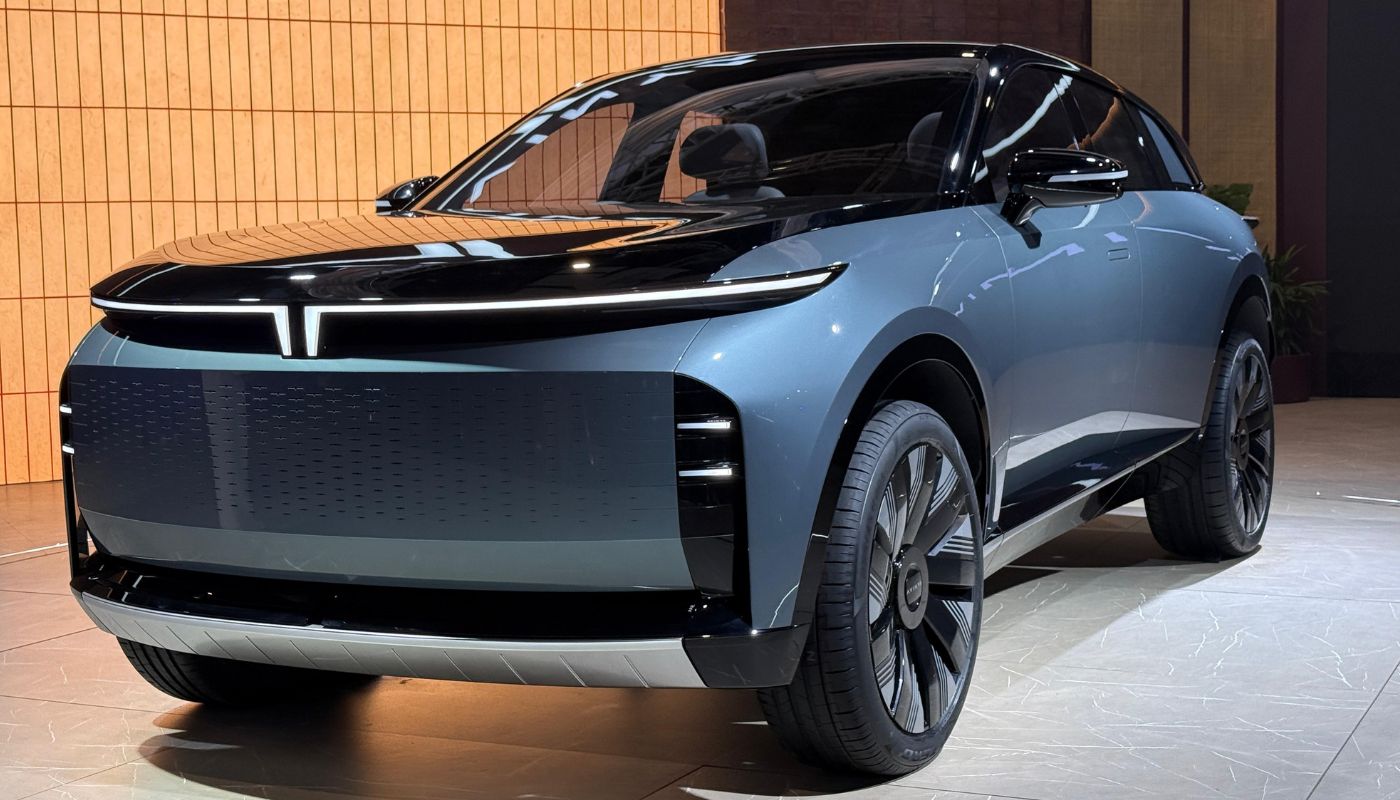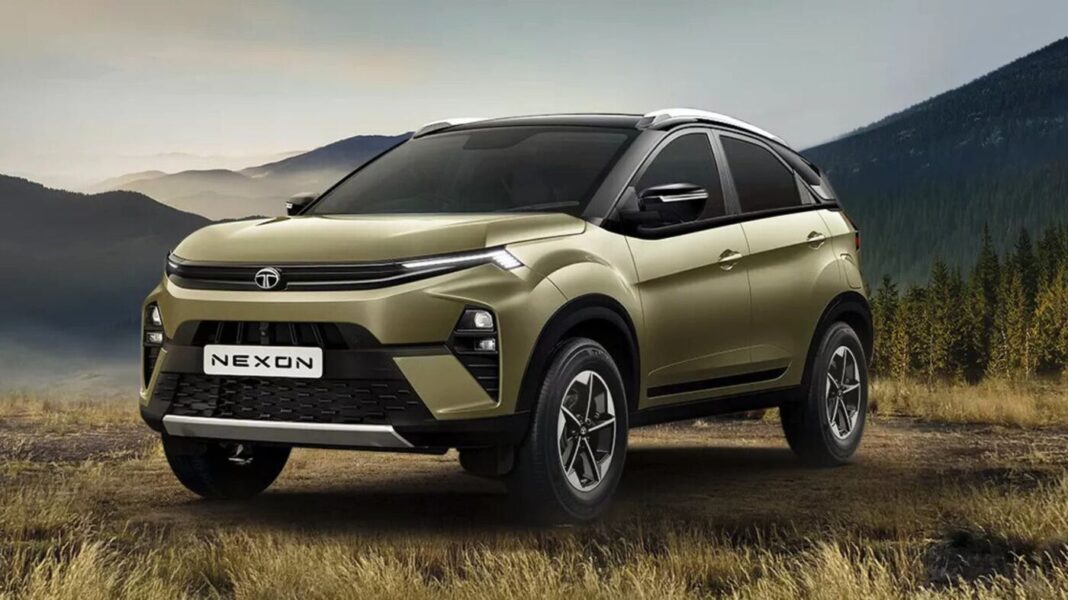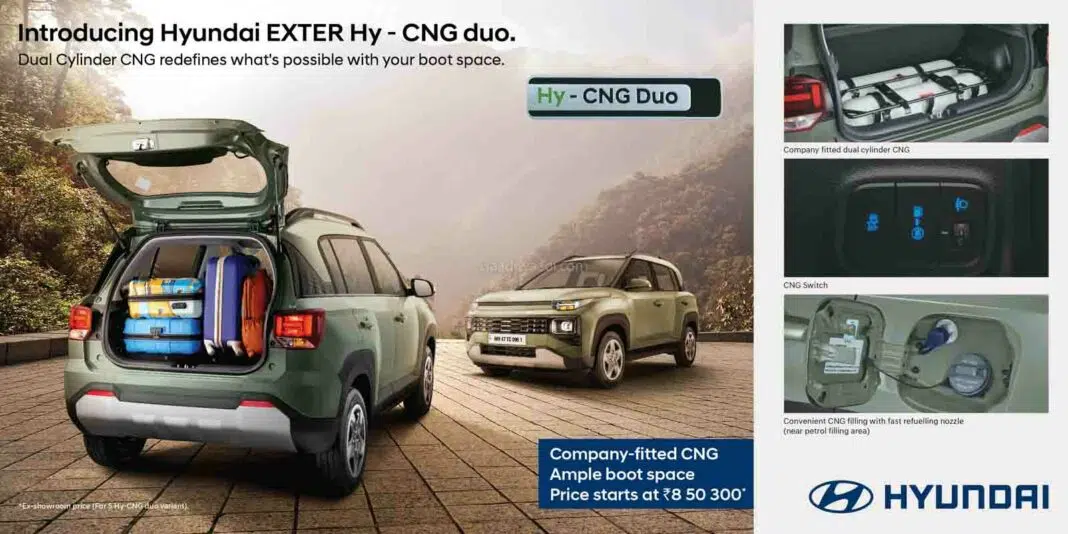Tata Motors is gearing up for a massive product offensive, planning to launch 30 new models (including refreshes) by 2030 to strengthen its position in the Indian automotive market. The strategy includes new nameplates, EVs, and ICE upgrades, along with enhanced aftersales and charging infrastructure.
Tata Motors’ 2030 Roadmap – Key Highlights
| Aspect | Details | Impact |
|---|---|---|
| Total New Models | 30 (7 new nameplates + 23 refreshes) | Wider portfolio across segments |
| EV vs ICE Split | 15+ EVs, rest ICE & hybrids | EV push to hit 30% sales share by 2030 |
| Confirmed New Models | Sierra (EV & ICE), 2 Avinya EVs | Premium & futuristic EVs coming |
| Investment | ₹33,000-35,000 crore (FY2026-30) | Heavy focus on R&D & tech |
| EV Charging Network | 300+ Mega Chargers by 2026 | Faster adoption of Tata EVs |
| Market Share Target | 16% by 2027, 18-20% by 2030 (vs 13.2% in FY2025) | Challenging Hyundai, Maruti |
| EBITDA Margin Goal | Double-digit (from 6.9% in FY2025) | More profitable growth |
Breaking Down Tata’s Strategy
1. 7 New Nameplates – What We Know
- Sierra EV & ICE – A premium SUV revival (likely 2025 launch).
- Avinya EV (2022 Concept) – A minimalist, futuristic electric car.
- Avinya X EV (2024 Concept) – A more premium, tech-loaded EV.
- 2 More ICE & 2 More EVs – Likely new hatchback, compact SUV, or sedan.
2. 23 Refreshed Models
- Expect major updates for Nexon, Punch, Harrier, Safari, Altroz, Tiago, Tigor.
- EV variants of existing models (e.g., Curvv EV, Altroz EV).
3. Big Push for EVs
- EV sales target: 20% by 2027, 30%+ by 2030.
- Harrier EV already launched, Sierra EV coming soon.
- 300+ fast chargers on highways to reduce range anxiety.
4. After-Sales & Service Expansion
- More service centers in metros & rural areas.
- Faster turnaround times to improve customer satisfaction.
Can Tata Motors Achieve Its 2030 Vision?
✅ Strong EV leadership (already #1 in India).
✅ Growing demand for SUVs (Nexon, Punch, Harrier).
❌ Competition from Hyundai, Mahindra, Maruti will intensify.
❌ Profitability challenge (needs higher EBITDA margins).
If executed well, Tata could become India’s No. 2 automaker, overtaking Hyundai.




